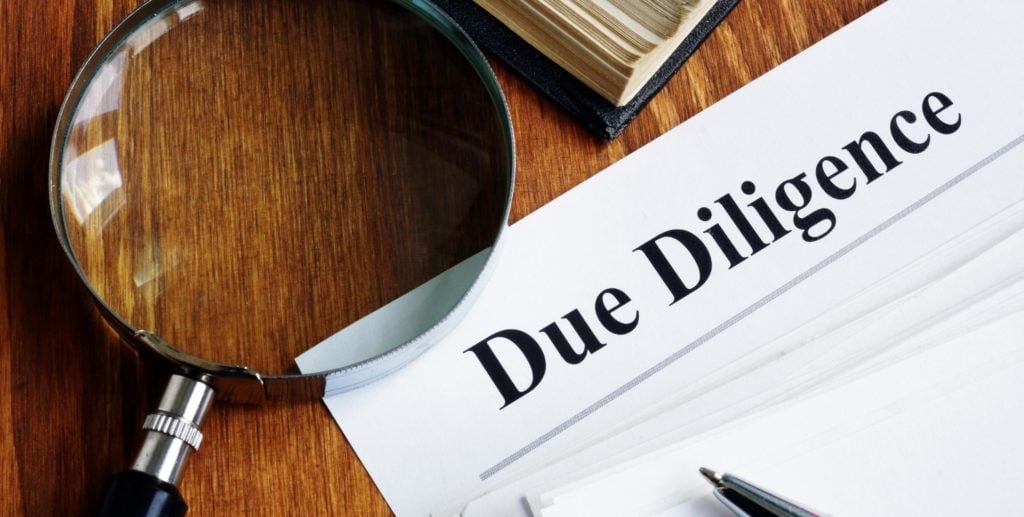Title: Critical Insights: Enhancing Real Estate Success Through Due Diligence
In the ever-evolving world of real estate, success is often determined by a keen understanding of market dynamics, strategic decision-making, and impeccable timing. However, one of the most indispensable elements in this process is due diligence. Often underestimated, due diligence serves as the backbone of informed real estate transactions, separating successful investments from potential pitfalls.
Due diligence in real estate refers to the comprehensive appraisal of a property before finalizing any transaction. This process involves a meticulous examination of physical, legal, and financial aspects of the property, aimed at uncovering any potential issues that could affect its value or the feasibility of the purchase. As the real estate market becomes increasingly competitive, the role of thorough due diligence has never been more crucial for investors, developers, and homebuyers alike.
The Pillars of Due Diligence
Physical Inspection: An in-depth inspection of the property is a fundamental component of due diligence. This includes evaluating the structural integrity of the building, assessing the condition of essential systems like plumbing and electrical, and identifying any potential environmental hazards. Engaging with professional inspectors can help uncover hidden issues that a superficial review might miss.
Legal Scrutiny: Ensuring there are no legal impediments linked to the property is crucial. This involves checking for clear title, reviewing zoning laws, analyzing lease agreements (if applicable), and understanding any restrictions or easements. Legal due diligence helps avoid future disputes and guarantees that the investment is sound.
Financial Analysis: Understanding the financial health of a property is vital, especially in commercial real estate. This includes reviewing existing tenancy agreements, analyzing profit and loss statements, and assessing the property’s cash flow potential. For developers, estimating renovation or development costs accurately is essential to ensure the project remains within budget.
Market Evaluation: The real estate landscape is inherently tied to market trends. Conducting a market analysis allows investors to understand neighborhood dynamics, future development in the area, and comparable property values. This helps in setting realistic expectations regarding property appreciation and rental income potential.
Regulatory Compliance: Properties must comply with a host of local, state, and federal regulations. Ensuring compliance with health and safety standards, environmental regulations, and local building codes is essential to avoid costly fines and delays in project timelines.
The Benefits of Due Diligence
Engaging in comprehensive due diligence provides a multitude of benefits. Primarily, it mitigates risk by identifying potential deal-breakers early in the process. Investors can negotiate better terms, factoring in any discovered issues into the asking price, or opting out of a problematic deal altogether.
Moreover, due diligence adds value by providing a detailed understanding of the property, aiding strategic planning and enhancing future decision-making. It instills confidence in stakeholders, including lenders and partners, who are assured that the investment is sound and secure.
Conclusion
In an industry where each transaction can represent a significant financial outlay, the importance of due diligence cannot be overstated. It acts as both a shield and a magnifying glass—protecting investors from unforeseen issues while providing clarity and insight into the true value of a property. By embracing thorough due diligence, real estate professionals not only safeguard their investments but also pave the way for sustained success in a competitive market.
As the real estate industry continues to grow and transform, the strategic application of due diligence will remain a critical factor in achieving successful outcomes. For investors, developers, and homebuyers, the practice of meticulous evaluation becomes not just an option, but a necessity in navigating the complexities of real estate transactions.

